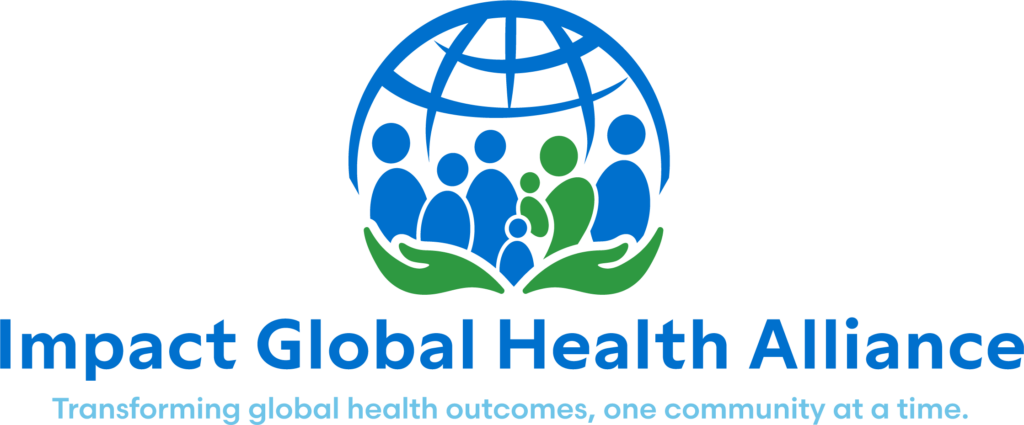By Stephanie McMillan, Development Associate
Finding the Middle Ground to Save Lives
While visiting with a local group of supporters in Fayetteville, North Carolina last month, Guatemala Project Director Mario Valdez described some of the challenges we face in Guatemala’s community health system.
One great challenge is overcoming cultural beliefs passed on from one generation to the next. The family unit is very tight-knit in northwestern Guatemala, especially for women who often become mothers at a young age and depend on their female family members for advice and support. The Civil War that ended in the mid 1990s also created wide distrust amongst the people of the region and some of that uncertainty still lingers today so placing trust in outsiders takes time.
 Mario told us about a recent home visit with a new mother who had been raised to believe that the colostrum, the first stage of breast milk that occurs after a pregnancy, is dirty and not good for a newborn. In actuality, colostrum is extremely important for a newborn child because it is high in protein, fat-soluble vitamins, minerals, and antibodies that protect the baby from a wide variety of bacterial and viral illnesses.
Mario told us about a recent home visit with a new mother who had been raised to believe that the colostrum, the first stage of breast milk that occurs after a pregnancy, is dirty and not good for a newborn. In actuality, colostrum is extremely important for a newborn child because it is high in protein, fat-soluble vitamins, minerals, and antibodies that protect the baby from a wide variety of bacterial and viral illnesses.
But this belief had been passed on for many years, she learned from her mother who learned from her grandmother and so on. So at the most critical stage of a new child’s life, women are feeding them traditional drinks made of corn, soda, or even small bits of solid foods like bread because they simply have had no other opportunity to learn about what is truly best for the child and for the mother.
Meeting Beneficiaries Where They Are
Impact Global Health Alliance Global makes visits to homes each month to provide primary health care services to our beneficiaries (the people we serve) and to educate them on best health practices. Meeting regularly in their home is an important way we can share health messages and personal stories of local women, like our health volunteers, who have had success using best health practices, like exclusive breastfeeding, and dispel beliefs that encourage dangerous practices.
Our baseline Knowledge, Practice and Coverage survey last fall reported a high level of exclusive breastfeeding, 77%, although staff believe this number to be suspect based on the common misconception that exclusive breastfeeding can include traditional liquids such as rice water or coffee. Our educational messages help fight against this misconception.
Families become more comfortable with our health teams as each month passes and trust is created as they see that illnesses that previously plagued the family, perhaps diarrhea or malnutrition, can be easily prevented and treated. Knowing that something has worked for a woman they can relate to, someone in their community, is also empowering in a region where women receive little to no education and the man is the primary decision-maker in the family.
Turning Traditional Beliefs into Healthy Practices
Not all cultural beliefs inhibit the practice of good community health. In fact, the traditional midwives that live in most of our project regions are women who are well-respected in the community and provide a service that is always in demand. Impact Global Health Alliance works with our local partner to find ways we can enhance the skills of each midwife and care provider to armor them with more knowledge that can empower not only themselves, as the expert, but the clients they are serving.
Midwives who go through our emergency skills trainings are known as Trained Traditional Midwives (TTMs) because they have become equipped with the knowledge to identify emergency situations and the protocols we’ve put in place to seek professional care needed either at our Casa Materna or at a hospital.
Even our Casa Materna was built with the familiar cultural norms of Guatemalan families in mind. Women can step right outside to bathe in the “chuj”, a small structure best described like a sauna that is common to households throughout northwestern Guatemala. It’s a warm place to bathe and change clothes away from the cold mountain air and according to one Peace Corps volunteer it plays an important cultural role in cleansing, healing, and general well-being.
Impact Global Health Alliance purposely works in regions that have little access to modern health systems because we focus on illnesses that are treatable and preventable and we respect all people and their right to good health. It is our respect for each person that has made our work successful by partnering with the community and allowing the members of our projects to have a voice when they otherwise would not. Ultimately, we want communities to take the charge of community health into their own hands so we work together now on this path to sustainability.
For the mother in Mario’s story, it may take a little time to see the healthy improvements breast milk can make for her child, but that’s ok. We’ll check in again next month.





